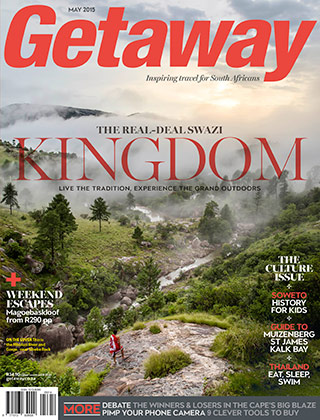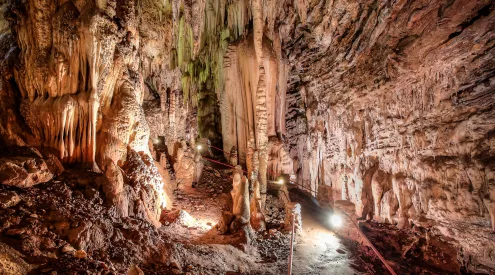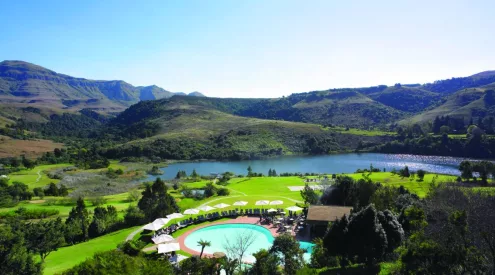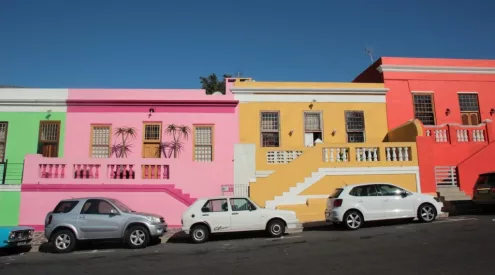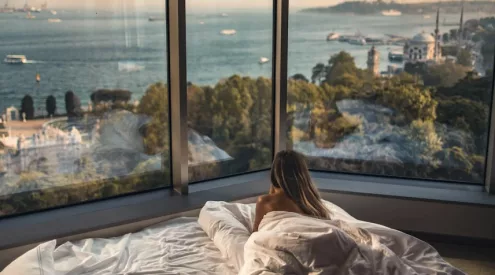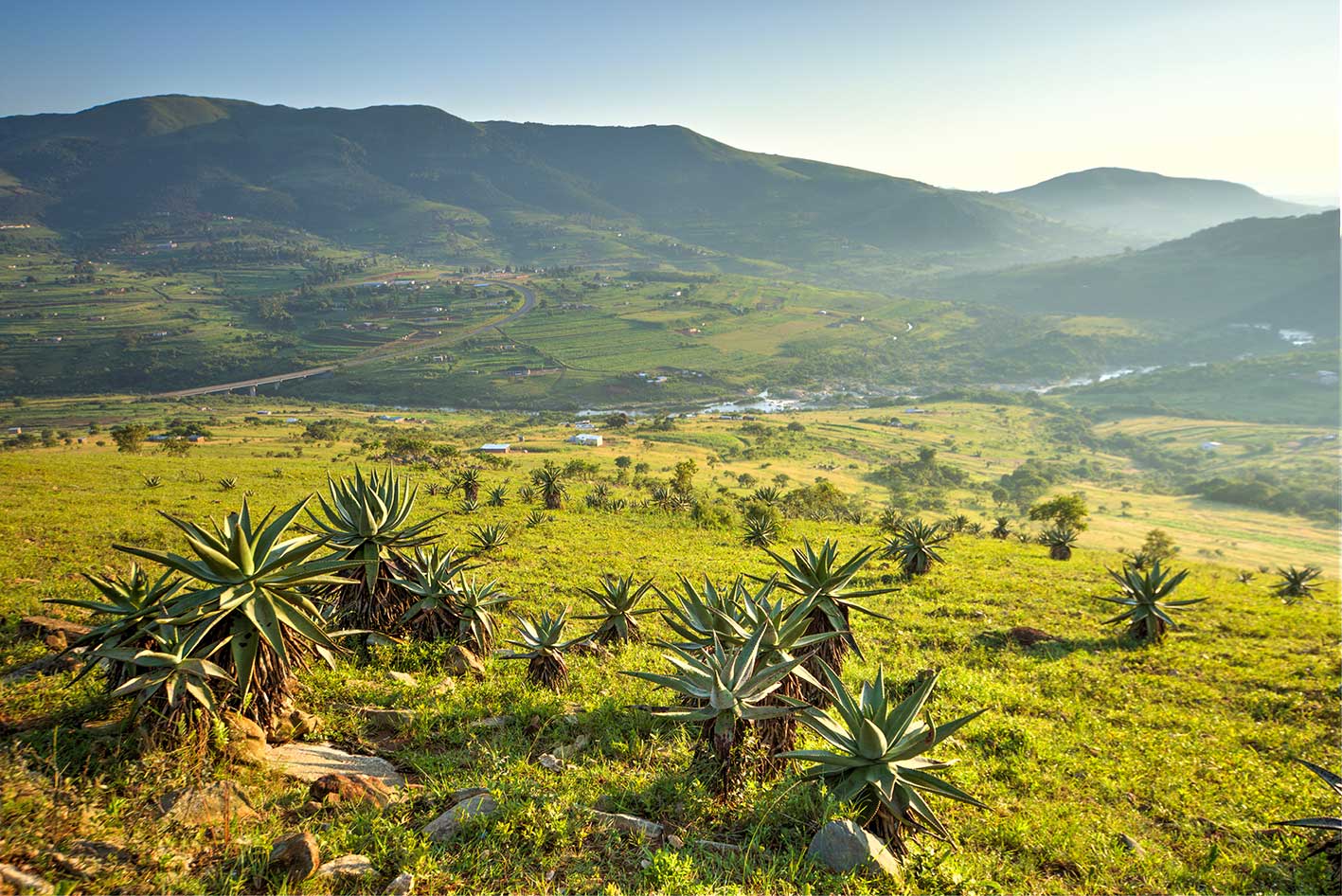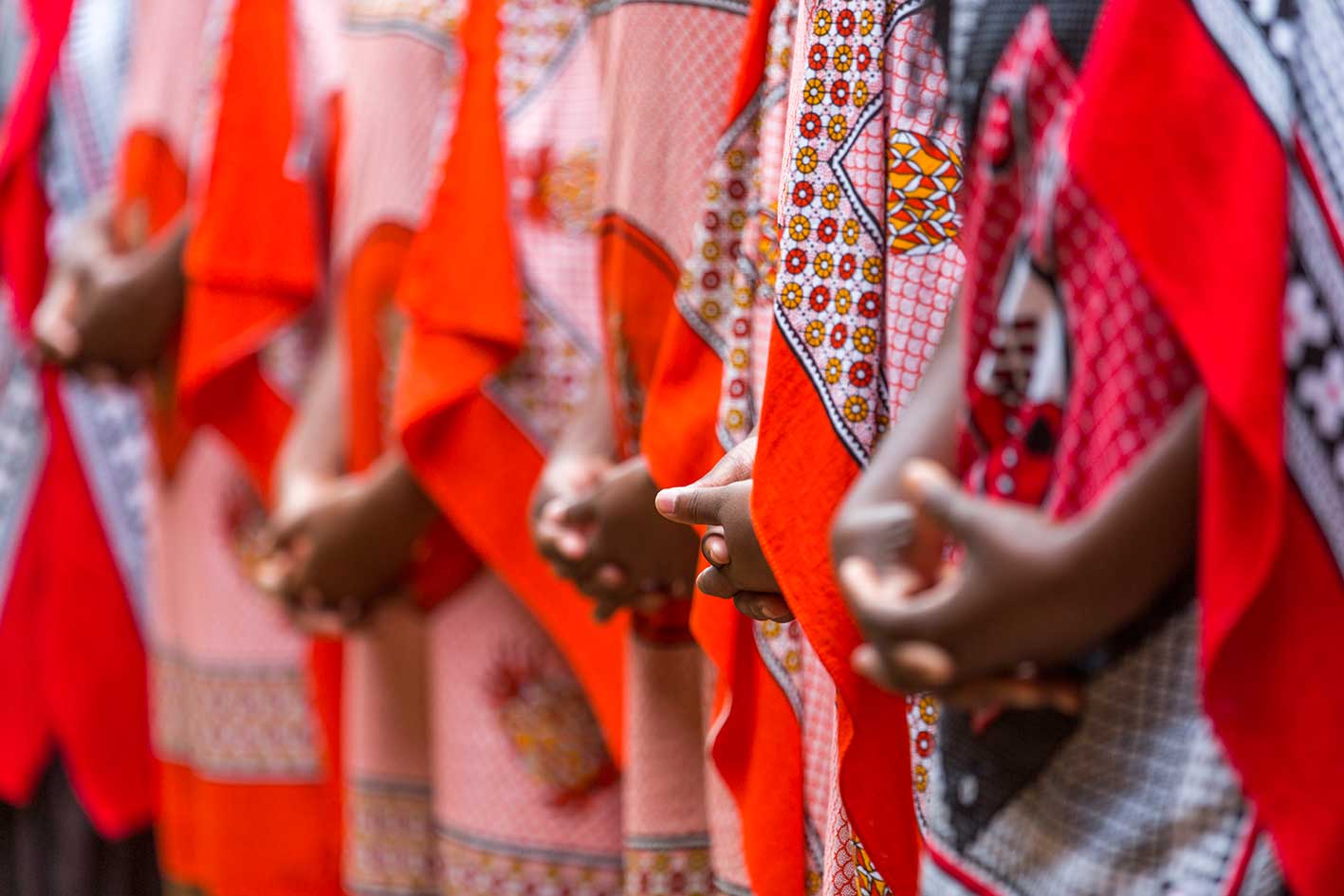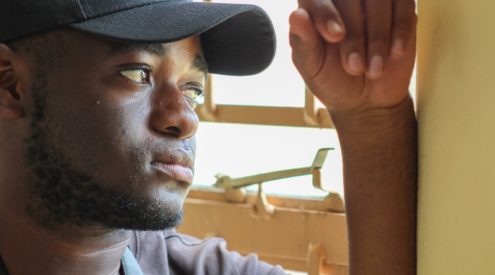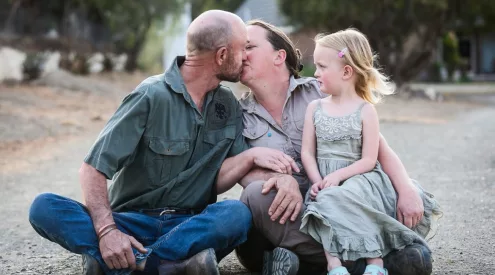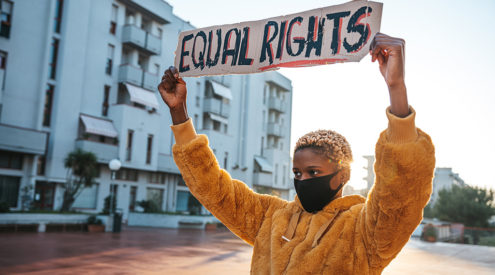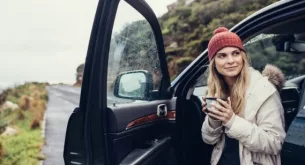Travelling and seeing how other people live can rejuvenate our own way of seeing life and our own country.
Also read: All the king’s men… and women: a surprising sojourn in Swaziland
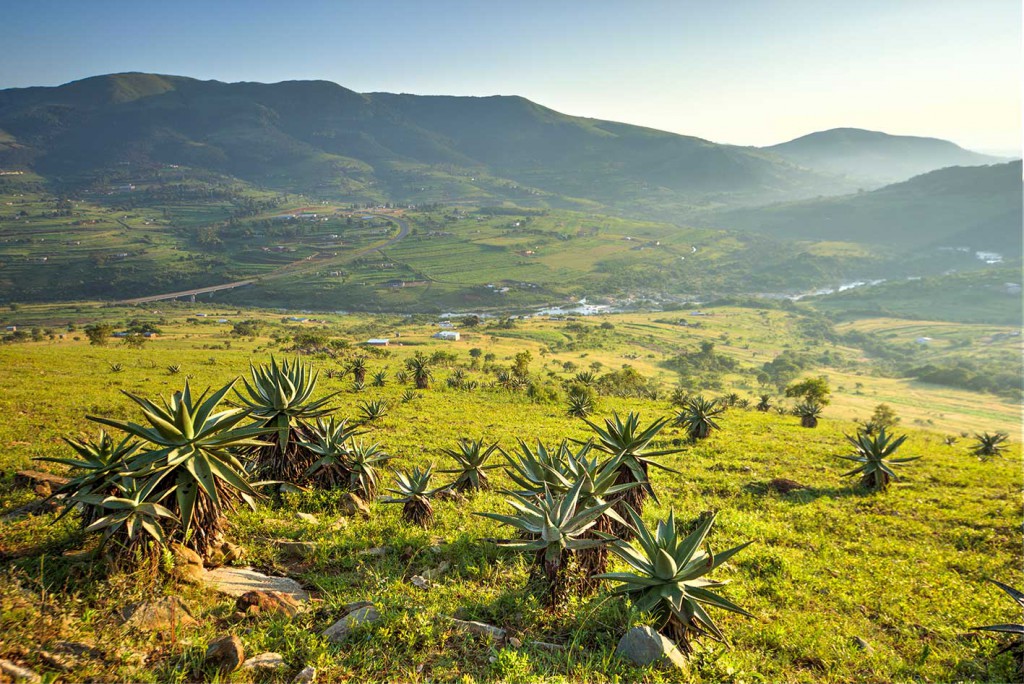
Our family lived 20 kilometres from the border of Swaziland, at the Golela border post. Despite being so close, my parents never travelled there. It was a passport issue; my sister and I never had one, thanks to my parent’s dislike of paperwork. So my curiosity about the country was never satisfied. This curiosity had been fuelled by meeting kids who’d schooled at Waterford Kamhlaba, in the capital Mbabane. There was something about them that was cool, of the world. Partly it was their curriculum – they employed the British system and sat for A-levels, which I thought was terribly glamorous, and their knowledge seemed broader, somehow, than my own. But partly, I realised later, it was also because they lived in a healthier, more cohesive society, and they had a sense of feeling special somehow because of this (read our interview with Nodi Murphy on page 25, who grew up in the country).
So I’d followed with interest the furore last year when the Swazi courts threw writers Bheki Makhubu and Thulani Maseko in jail for a series of legitimately critical articles about the judiciary. And of course, that unearthed more criticism about King Mswati III, Africa’s last absolute monarch. But coupled with that is the growingly successful MTN Bushfire festival and feedback that the vibe there is amazing. So we sent our journalist, Vuyi Qubeka, to find out what it is like to travel in that country.
Culture is one of the great motivators for travel. It’s refreshing to be somewhere where things are so different from one’s own background, allowing an occasional flash of insight into how one can do things, live life in a different way, not only as an individual, but as a nation. One’s own cultural settings can sometimes mean one gets stuck in a rut.
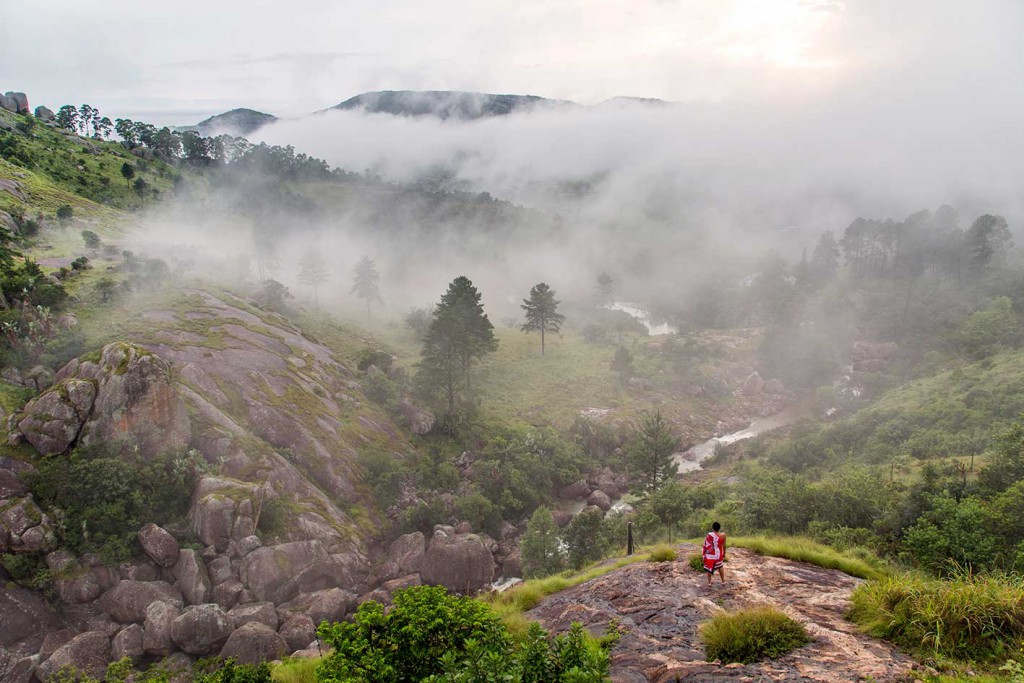
The interesting thing that was apparent in Swaziland is that people do think they’re special. Some were staunchly supportive of the King, others more circumspect. But for Vuyi, Swaziland was a revelation of another kind. It showed her traditions being owned by black and white citizens, the possibility of a real cohesiveness. What would it be like to have that in South Africa? Most of all, it gave her an insight into the roots of her own culture, something she felt she had missed. Read her beautiful story ‘All The King’s Men… and Women’ (page 54).

Closer to home, well-known columnist and opinion maker Marianne Thamm faced another kind of challenge: how to teach her two children about SA’s past when they began raising questions about it? Turn it into a family holiday. So she took them to Soweto to heritage museums, and now they can’t wait to go back. Read about it in ‘An Inspiring Trip for Inquiring Young Minds’ (page 66).
Also read Darrel Bristow-Bovey’s look back into Muizenberg’s history (you can get a sneak peek of the photos from our photoblog, The Charm of the Southern Peninsula) and Justus Visagie’s visit back to his hometown of Bloemfontein in ‘A (sort of) Homecoming’, page 95). There are also plenty of ideas for a quick weekend getaway: Pippa de Bruyn hunts out the best deals in Magoebaskloof, close to Joburg; and if you’re in Cape Town, read Nikki Werner’s recommendation of the other restaurant to eat at in Stanford (the first being Mariana’s).
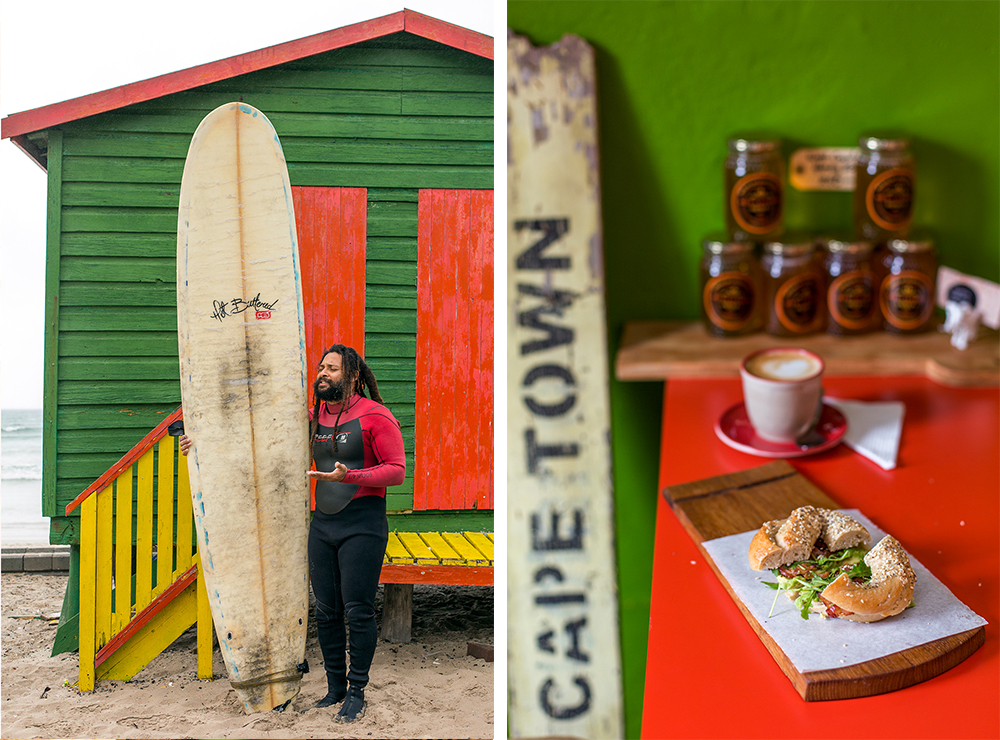
Left: Giving thanks in form of singing. Right: Bob’s Bagel for breakfast, bacon and avo. Yes! Image by Teagan Cunniffe.
This article first appeared in the May 2015 issue of Getaway magazine.
